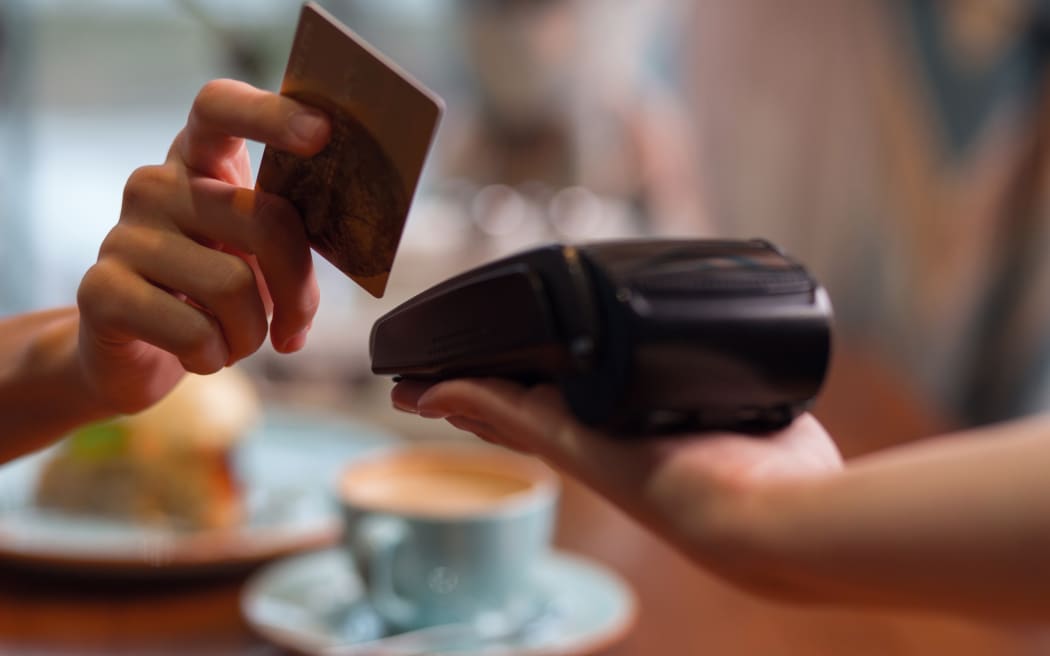
Photo: 123rf
Consumer confidence has perked up to its highest level in more than two years, but overall remains pessimistic.
The Westpac McDermott Miller index rose 4.3 points in the March quarter to 93.2. A reading below 100 is pessimism.
Senior economist Satish Ranchhod said households were feeling more upbeat on the back of easing economic and fiscal pressures.
"Recent months have seen inflation dropping back, and there has been a related easing in interest rate pressures. That's been a welcome relief for many families across the country who are struggling with the cost of living."
The improvement in mood was most obvious among middle-income families with annual between $70,000 and $150,000, he said.
"In part, the lift in confidence among these households may be due to signalled income tax reductions which are targeted at middle income families."
Ranchhod said the improving mood was backed up by a growing number of households expecting to be better off financially in the coming year, although they were also expecting continued tough economic times.
He said retailers were reporting that spending was geared to buying necessities rather than "nice to haves", with opinion still clear that it is not a good time to buy a big ticket item.
Two leading retail chains, KMD Brands and the Warehouse Group, have posted sizeable half year losses on reduced sales.
The survey showed men were now generally optimists with their confidence level sitting above 100, while women respondents remained strongly negative.
"Men are much more upbeat about the economic outlook in New Zealand over the next 12 months, with a quarter of men expecting good times compared with just over one in five women," McDermott Miller research director Imogen Rendall said.
More than 40 percent of women said they were worse off financially than they were a year ago, compared with a third of men.




